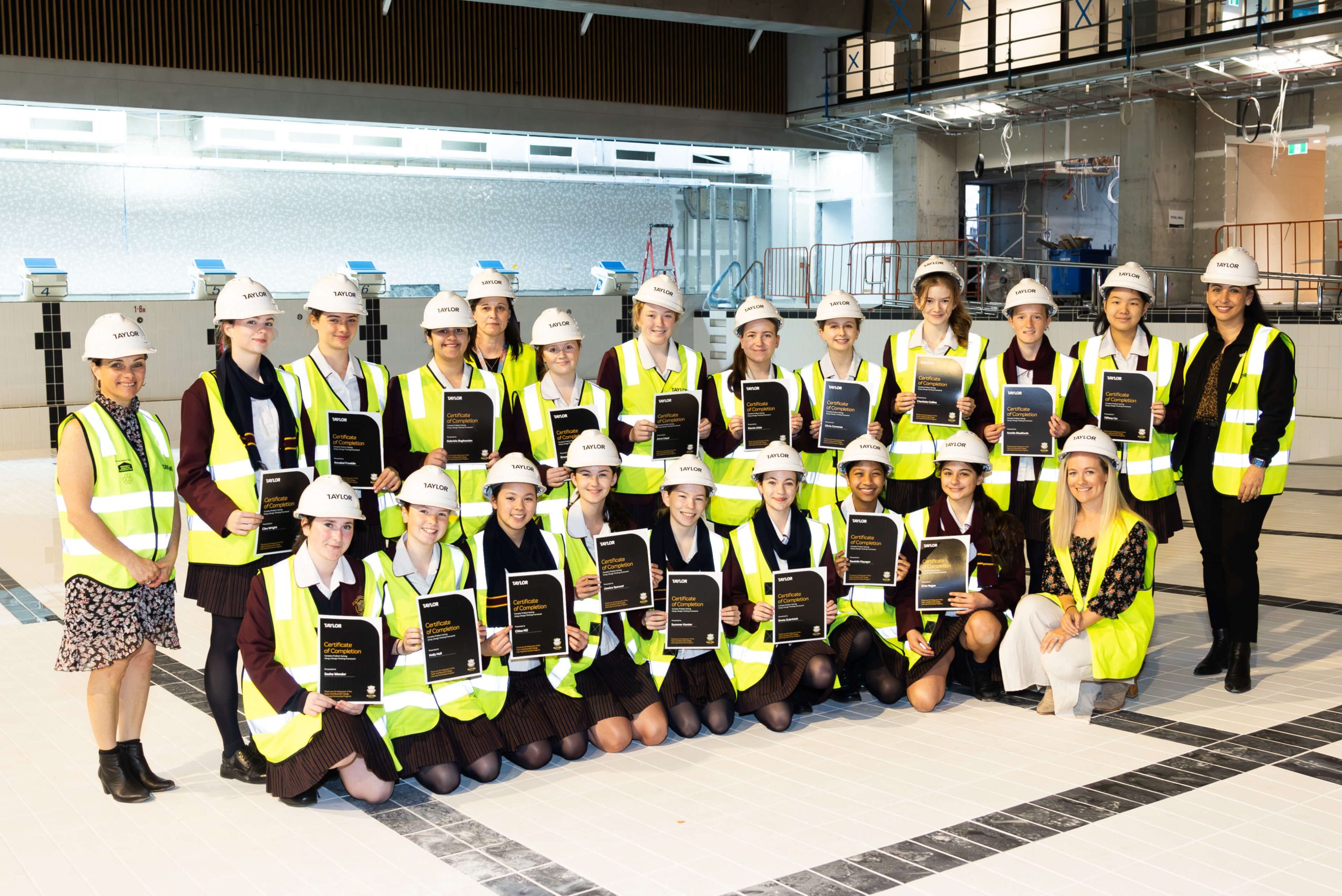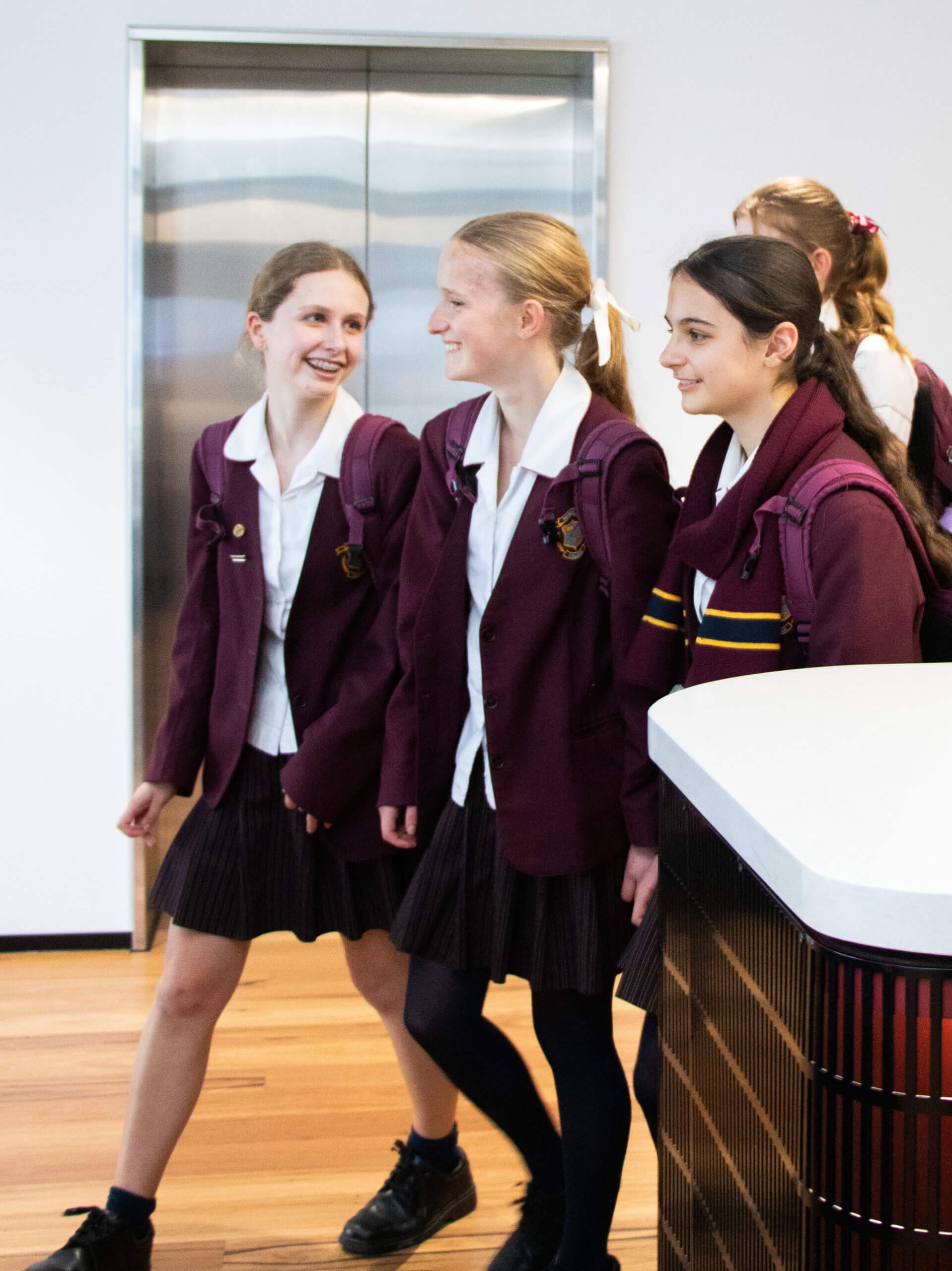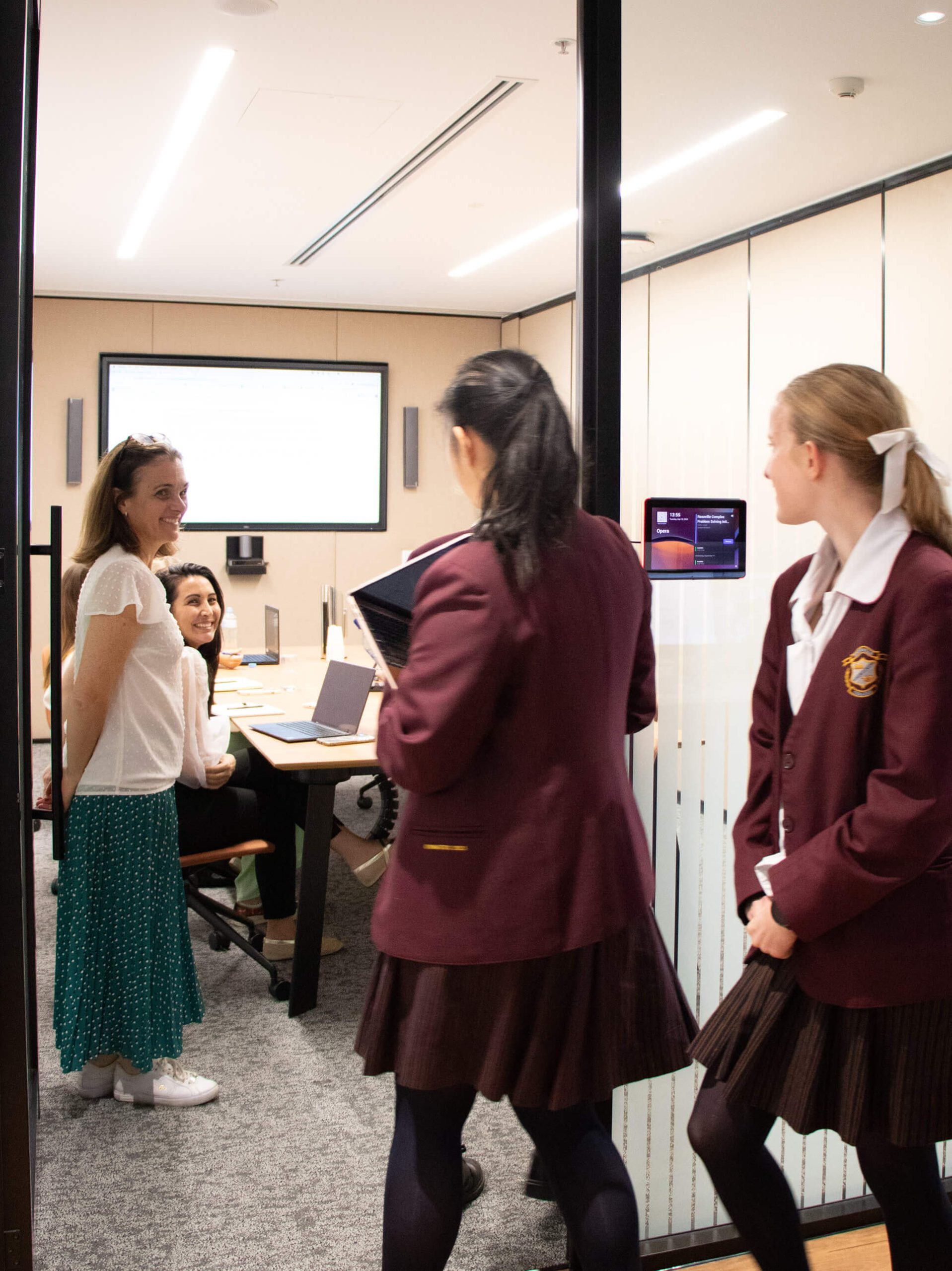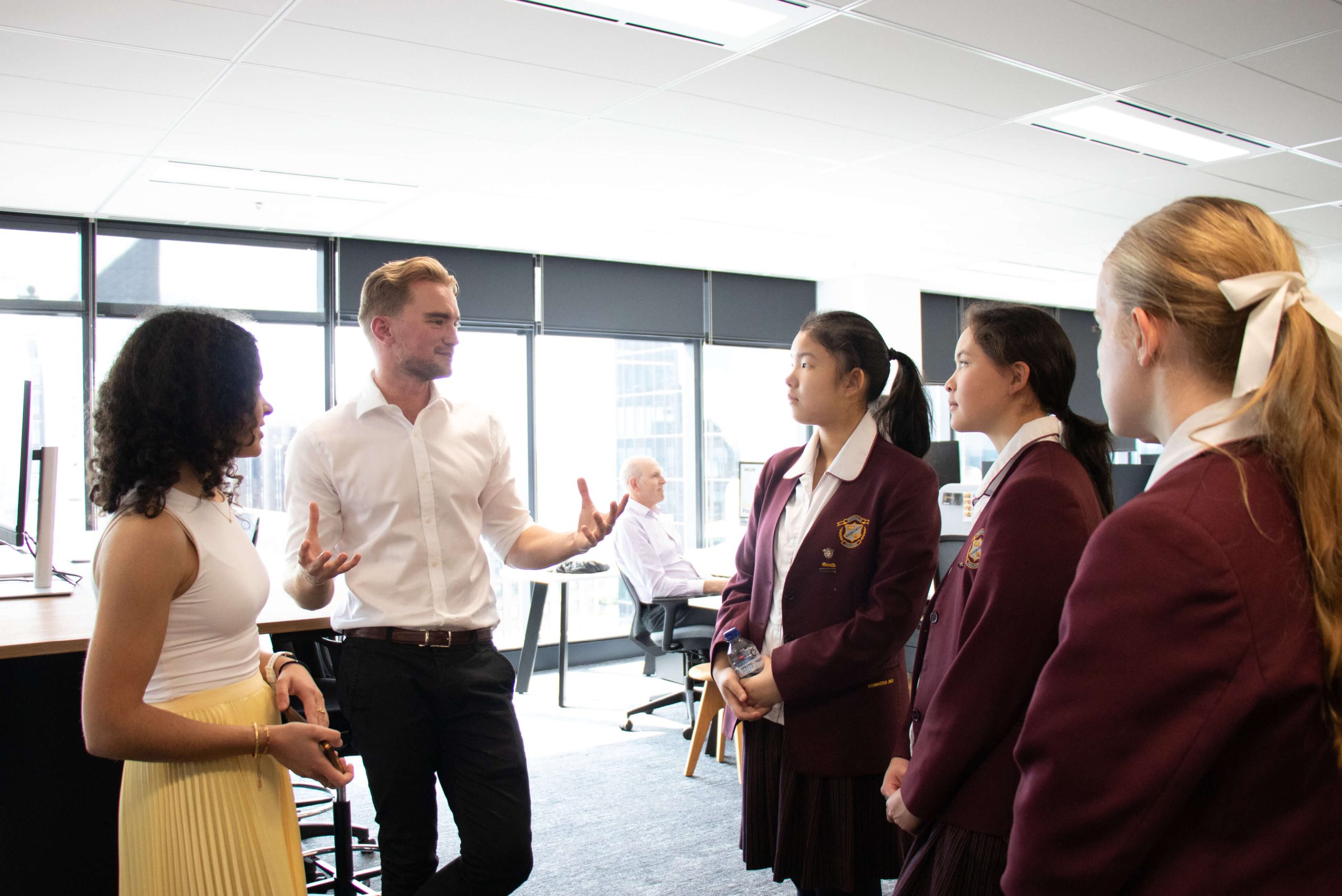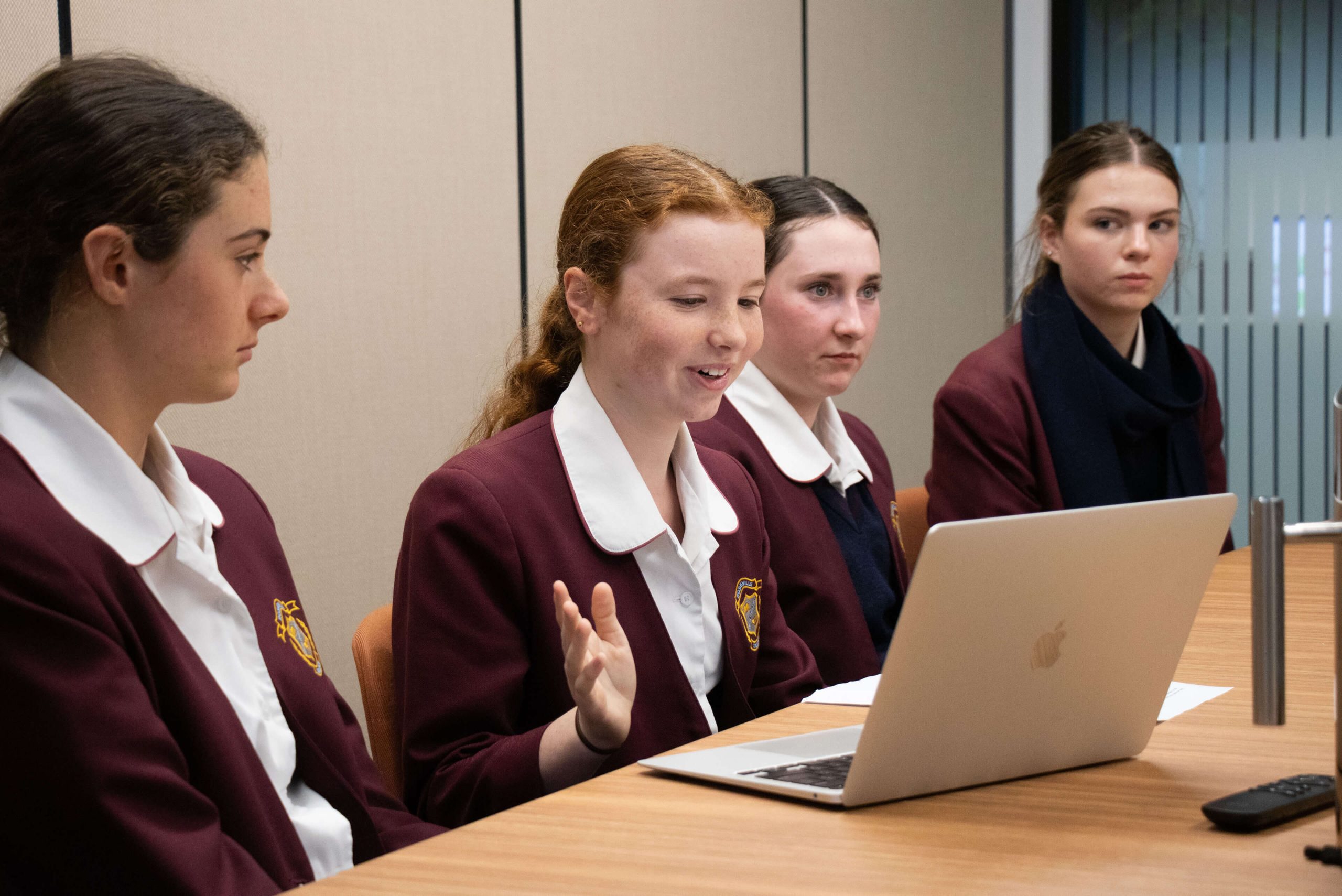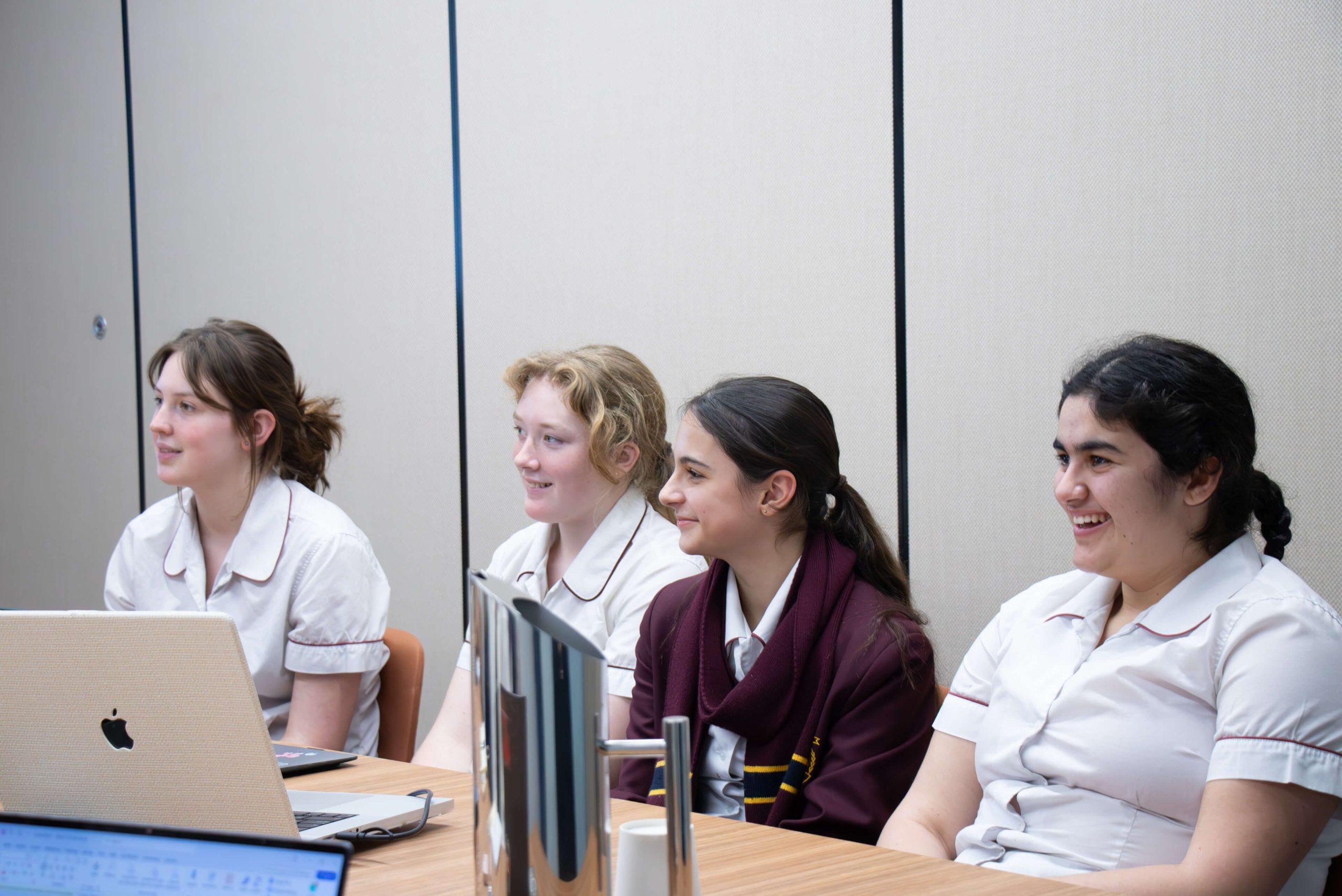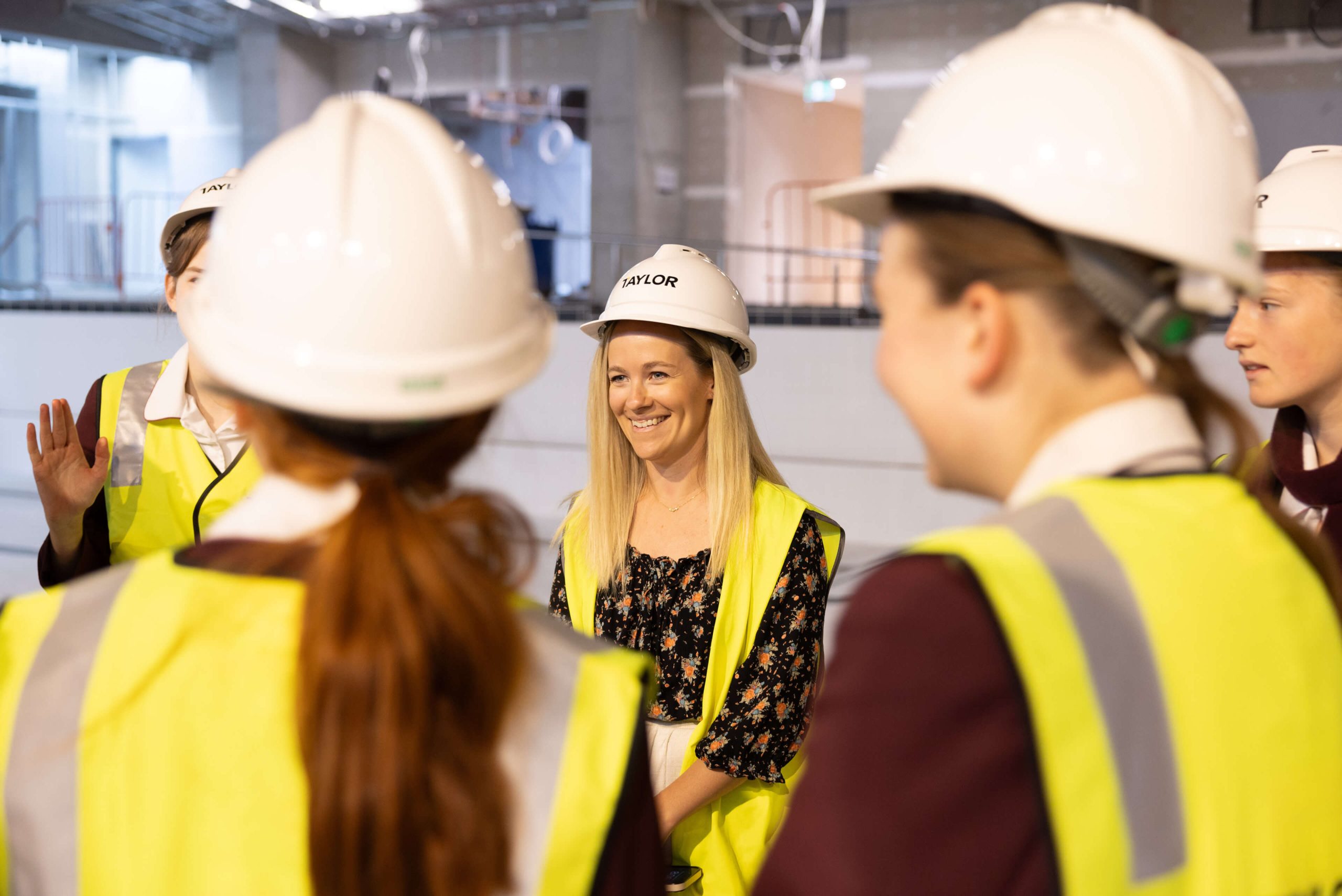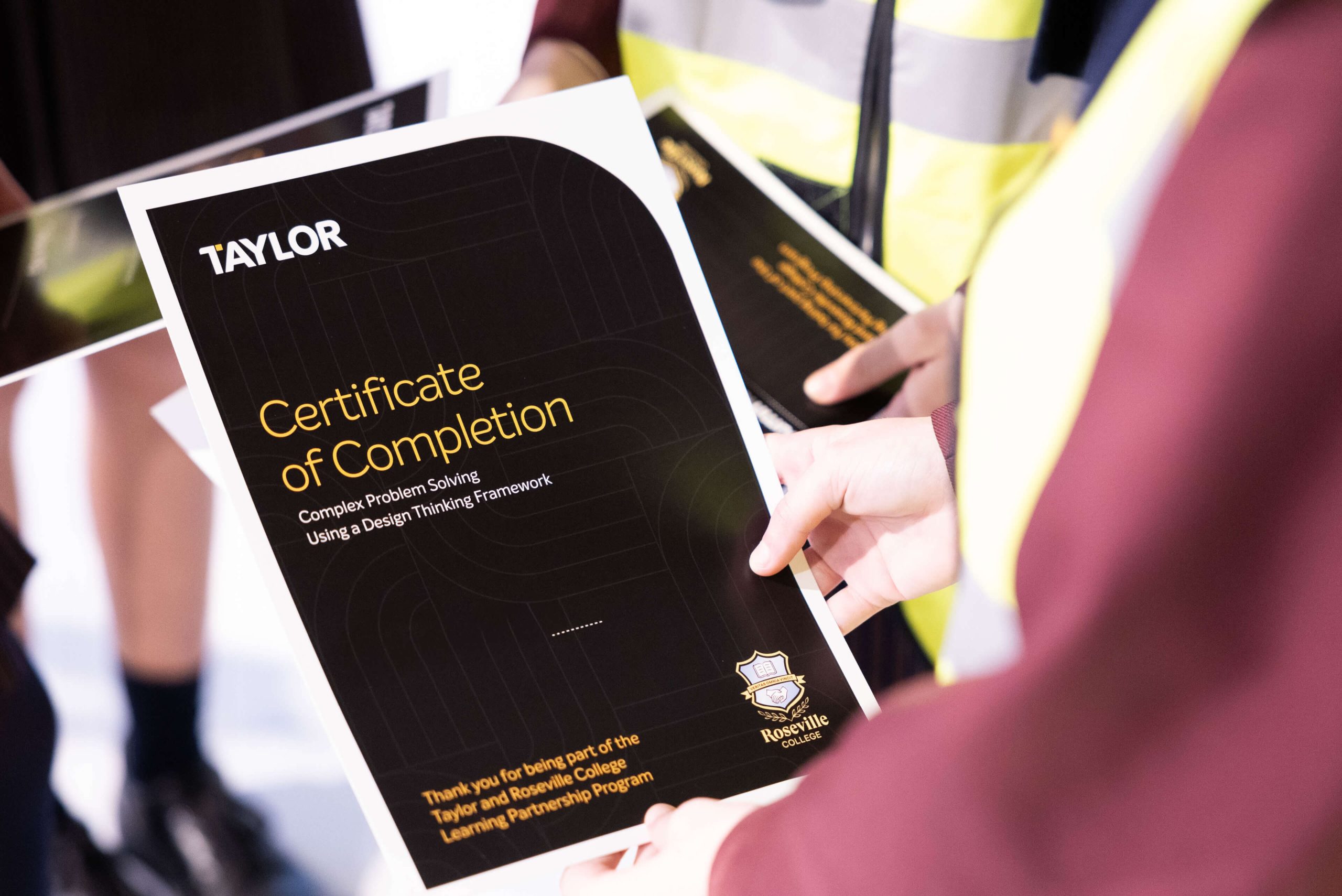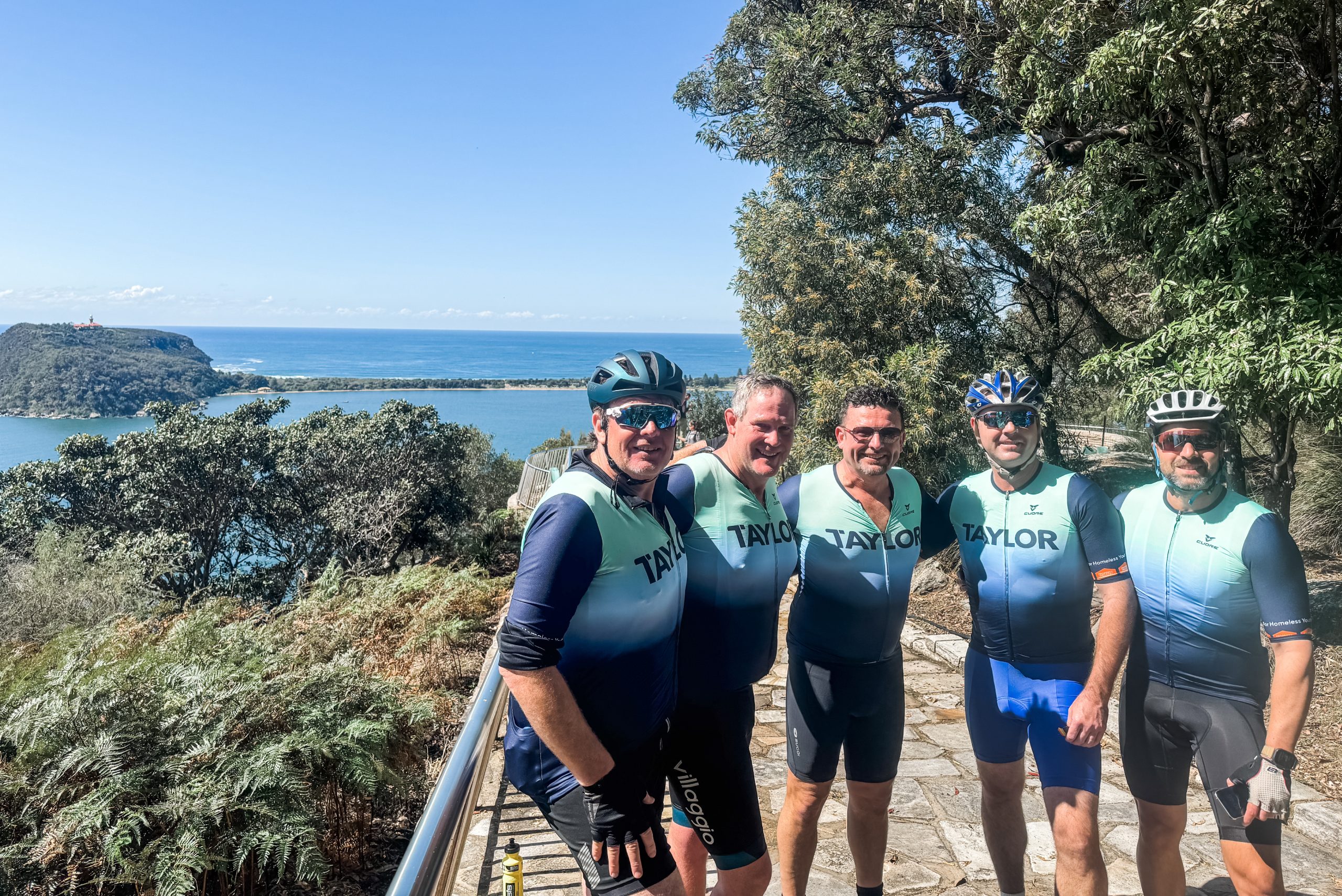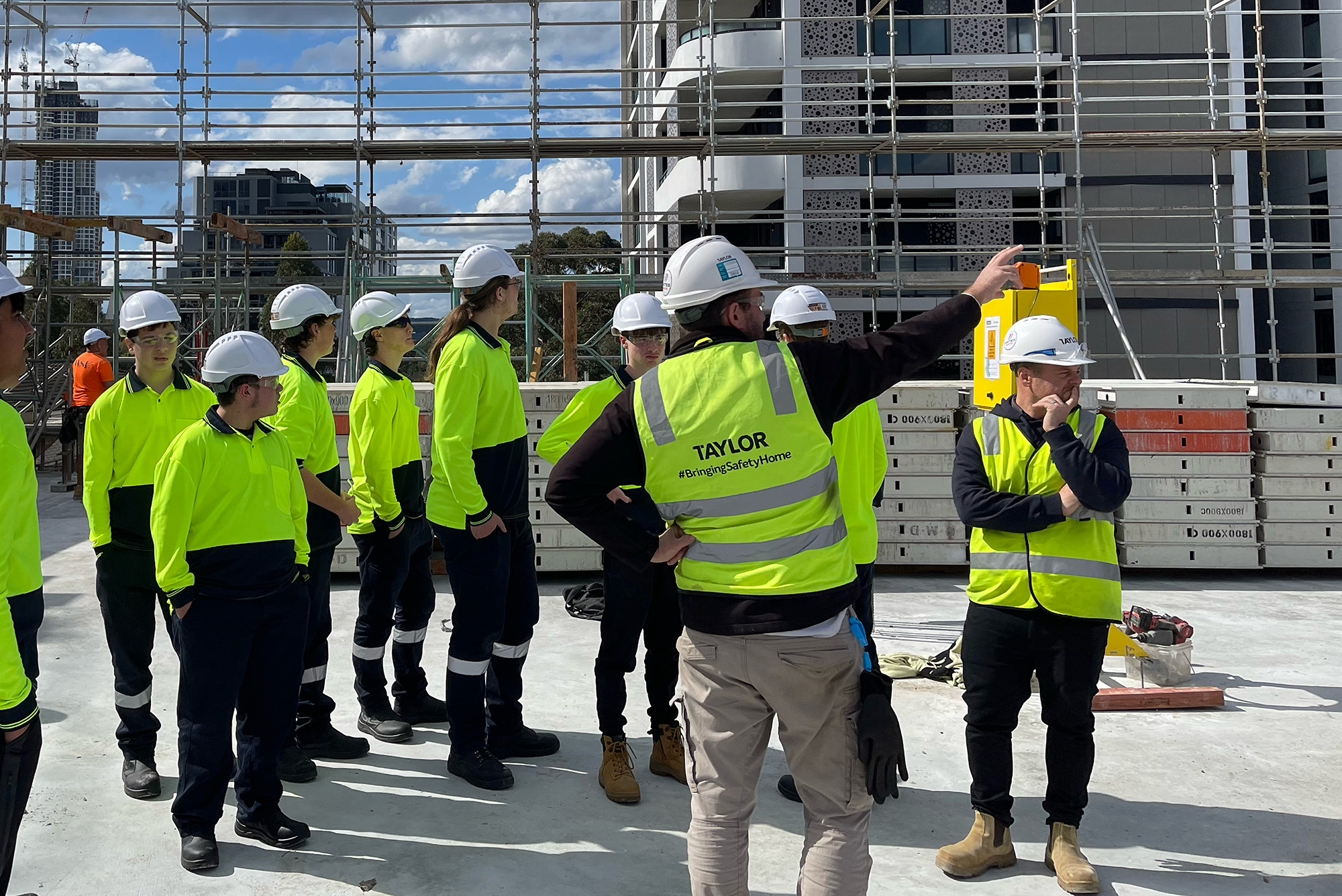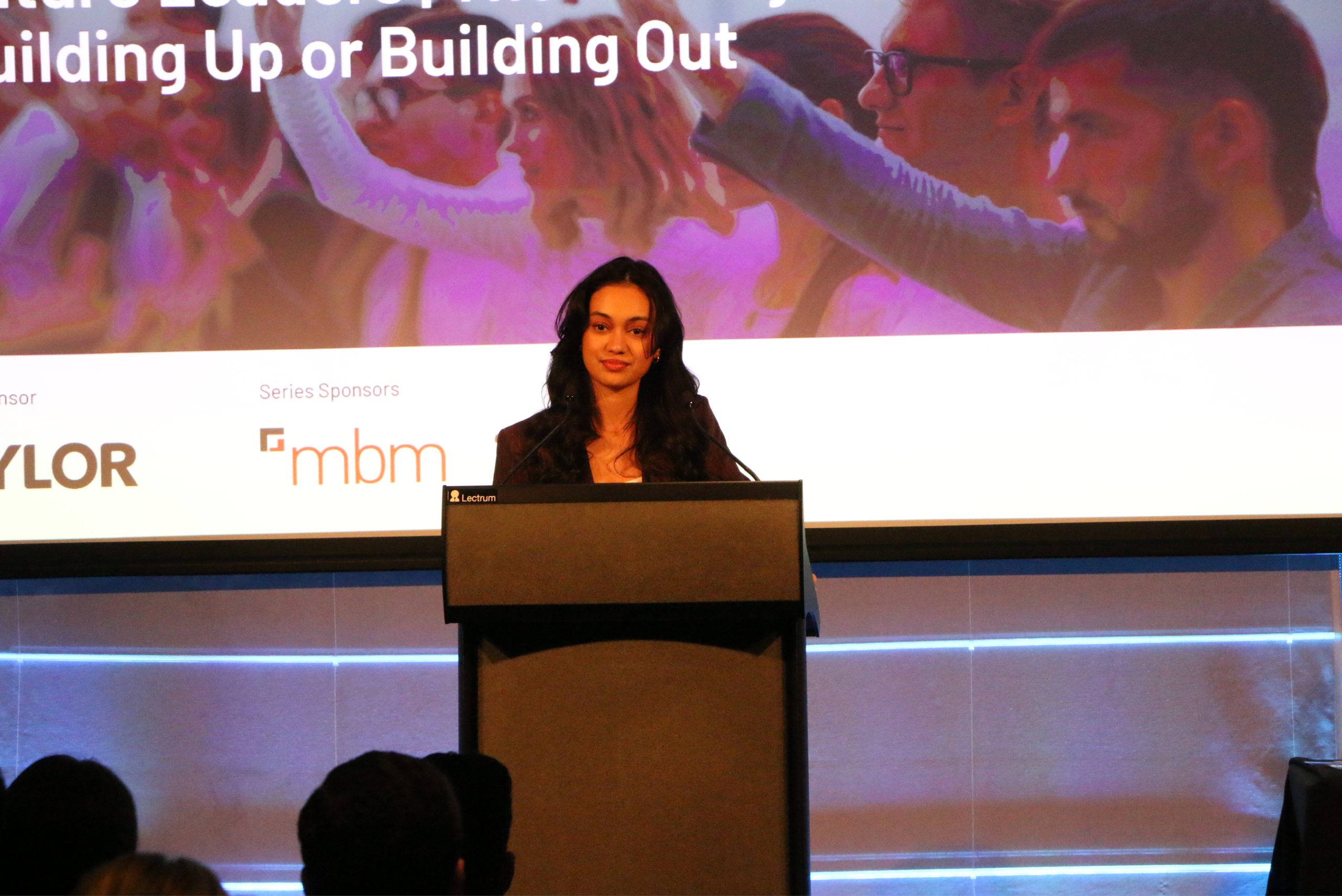The Process
The journey began with an engaging brainstorming session where students were asked to share their thoughts on what women in construction ‘Think’, ‘Feel’, and ‘Do’. This initial ‘Empathise’ phase was a collaborative effort that revealed the students’ perceptions and set the stage for deeper exploration. The feedback was overwhelmingly positive, with students expressing excitement and anticipation for the project.
As the students delved deeper, they explored the gender disparity in the construction industry through various mediums, such as videos, readings, and interviews. They participated in site tours and had the opportunity to interview professionals from different roles, including site managers, engineers, contract administrators, and marketing personnel. This hands-on experience was invaluable, providing the students with a comprehensive understanding of the industry.
With a solid foundation of knowledge, the students moved on to identify specific issues of interest and formulated driving questions to explore further. They brainstormed possible solutions, selecting the most feasible and interesting ones. This creative process allowed them to think critically and innovatively about the challenges faced by women in construction.
Next, the students brought their ideas to life. During the ‘Prototype’ phase, they developed detailed solutions, complete with visuals. This was exciting as they saw their concepts take shape and prepared for the final presentation.
Their hard work culminated when the students visited Taylor’s head office. Here, they presented their solutions to a mock panel of industry professionals. This experience provided them with valuable feedback for improvement and a taste of the corporate world. The common theme of their ideas centered around the lack of education about construction as a career pathway for girls. Many of their solutions focused on creating awareness and providing clear career pathways. Some of the insights from this session included the realisation that “Education is the first step to change” and that many women in construction did not knowingly enter the industry, but instead ‘fell’ into it after finding jobs that suited their interests and expertise.
To conclude this remarkable journey, the students presented their final pitches to Roseville College’s Deputy Principal and Taylor’s CEO. The event was a celebration of their hard work and creativity, and each student was awarded a certificate of completion.

